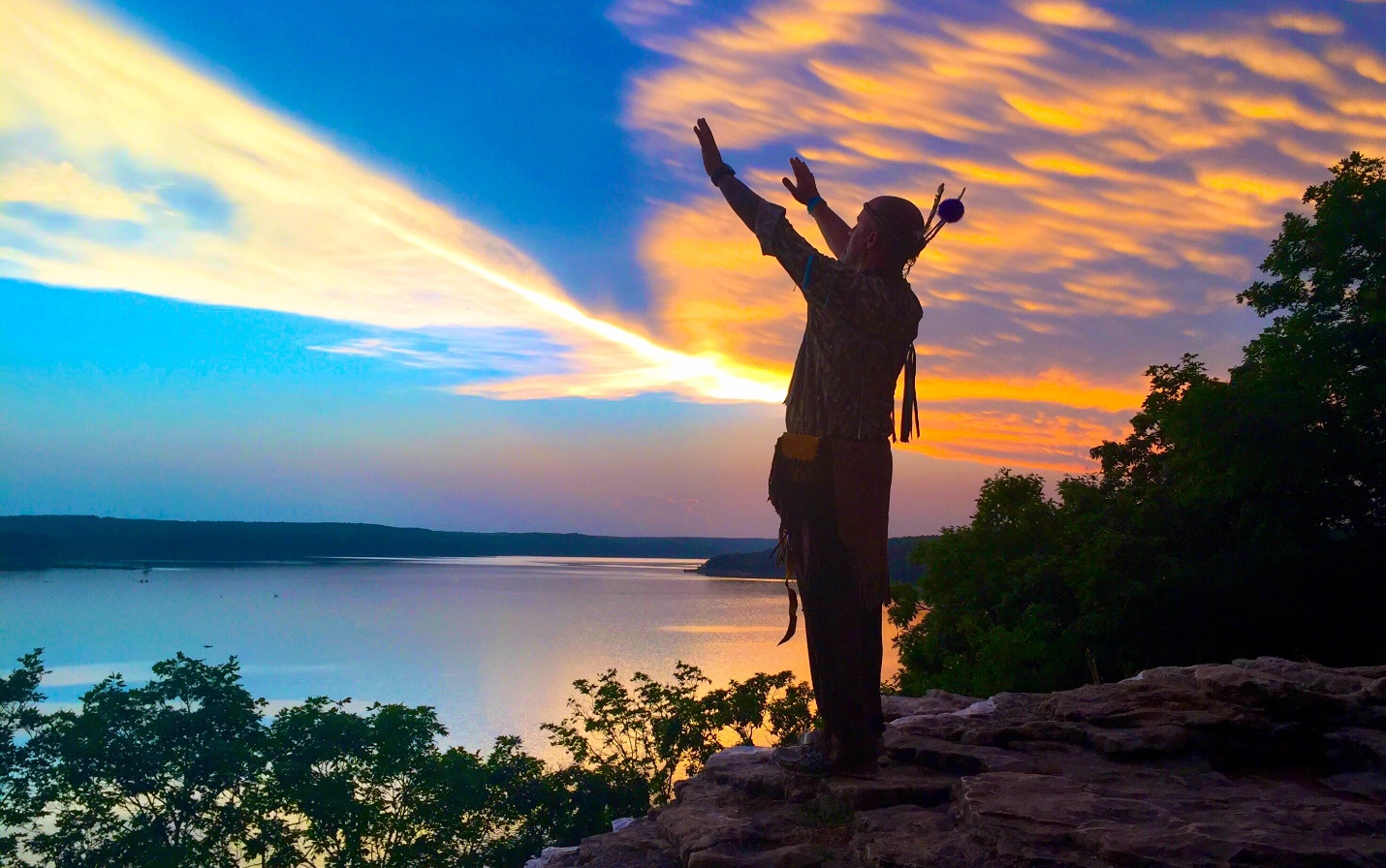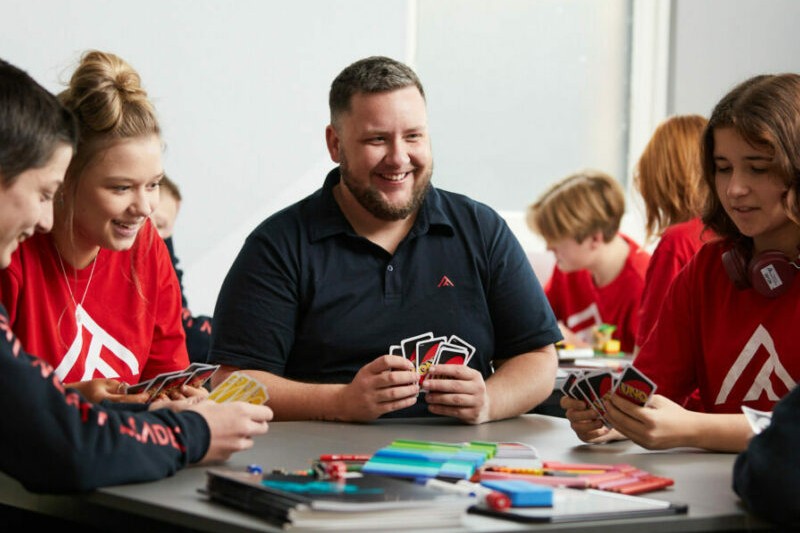Reclaiming Youth at Risk
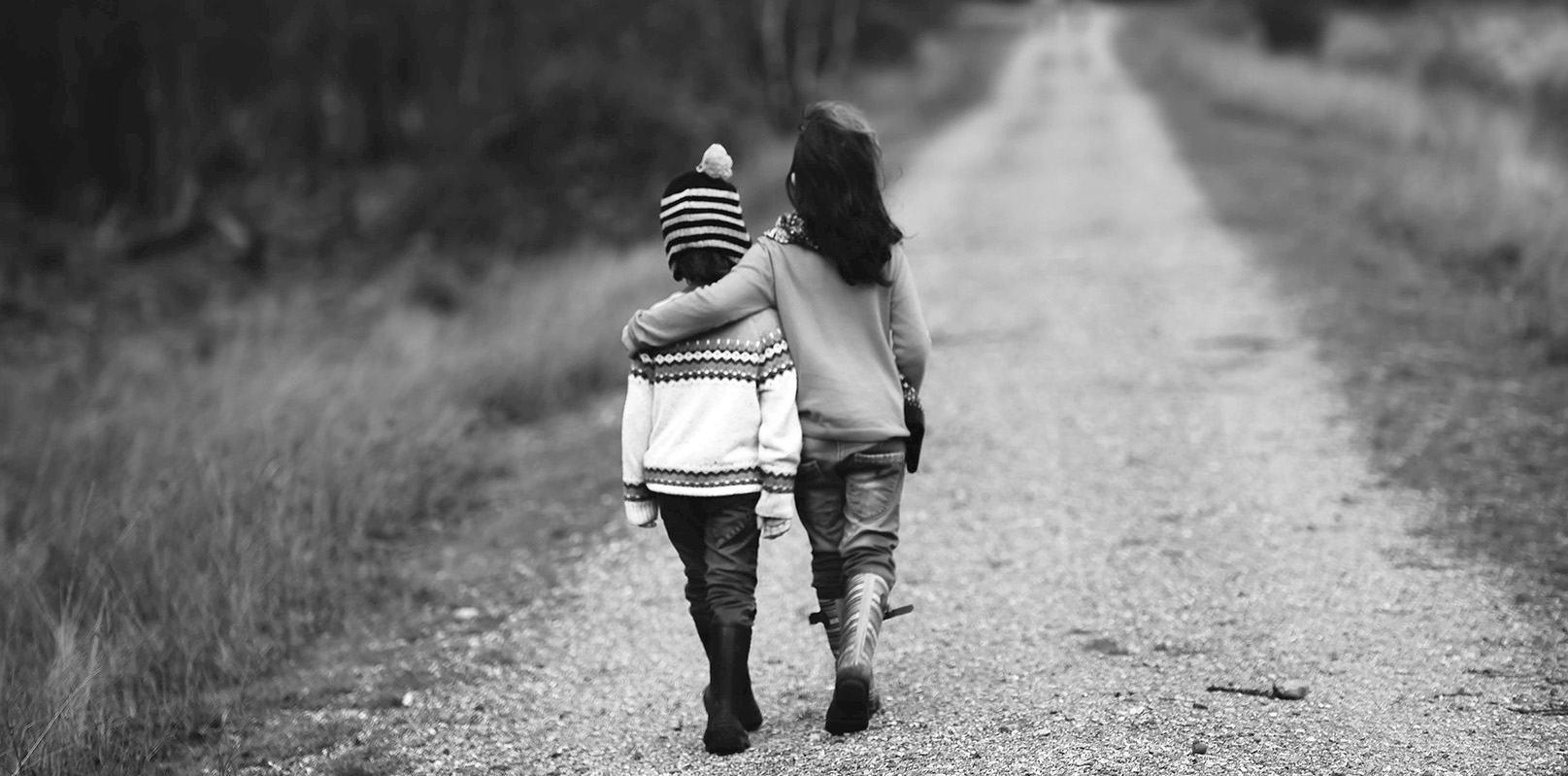
Based on the Circle of Courage
This training is grounded in Circle of Courage principles which have been researched and refined across three editions of Reclaiming Youth at Risk. This book launched a global movement which sparked scores of other publications building on this reclaiming tradition. The authors drew on wisdom of Native American and First Nations peoples who reared children in cultures of respect by embracing values of Belonging, Mastery, Independence, and Generosity. These principles have been validated by modern research on resilience, neuroscience, and positive youth development. Reclaiming Youth at Risk is transforming schools, residential treatment, juvenile justice, and youth work. This training provides core concepts and practical strategies for reclaiming our most vulnerable youth. Two-day certification for all who are concerned with raising resilient children.
A Two-Day Training
The struggles of children and youth are not unique to impoverished communities but are found in city, suburban, and rural settings. Family instability, substance abuse, delinquency, school issues, racism, and cultural disconnection are all symptoms of broken communities. Children who are not attached to adults fail to learn the values of respect for self and others. Hungry for acceptance, they become prisoners of peer approval. Unmotivated in school, they fail to develop their potentials. Striving for power, they challenge authority. Many mask their spiritual emptiness by reckless pursuit of pleasure. Their disruptive behaviors are signals of distress. Beneath their defiance, indifference, or reckless bravado, these youth are swimming in rivers of pain. But when their behavior bothers others, they are likely to be dealt more pain by punishment
or exclusion.
This 2-day training puts the Circle of Courage principles of Belonging, Mastery, Independence, and Generosity into action with practical tools for providing support and guidance to youth in conflict. Drawing wisdom from Native American and First Nations traditions, the Circle of Courage values emerged from cultures that deeply respect and value children and youth and have been validated by youth pioneers in the Western tradition and recent research on brain science, trauma, resilience, and positive youth development. Reclaiming Youth at Risk is the foundation training to other specialized trainings which are based on these universal Circle of Courage values and needs. Participants in this strength-based course gain practical tools to foster resilience in all youngsters and implement restorative strategies for reclaiming youth at risk.
University Credit
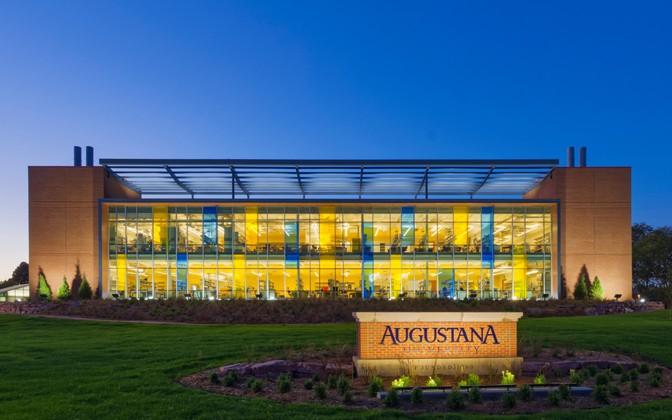
Participants can enroll for graduate workshop university credit in either Psychology or Special Education. Registration forms will be provided at the training. A course syllabus is available at reclaiming.org/grad-credit. There is a $300 USD tuition fee (for 3 credits) in addition to the training registration fee. Payment for university credit is made to Reclaiming Youth at Risk and given to the instructor onsite at the training. Credit is offered through Reclaiming Youth at Risk and Augustana University, a fully accredited university located in Sioux Falls, South Dakota, USA.
Related Courses
About the Course Authors & Trainers
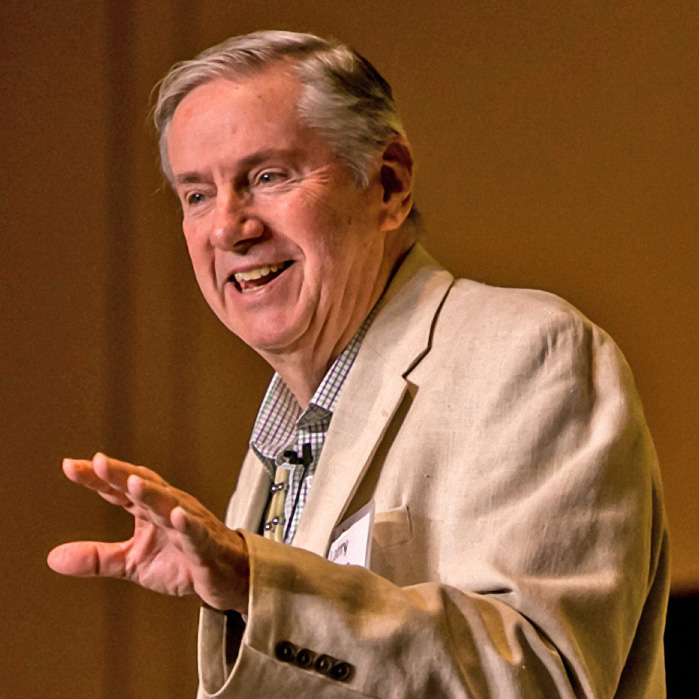
Larry Brendtro, PhD
Larry K. Brendtro, PhD, earned a doctorate from the University of Michigan specializing in children with emotional and behavioral challenges. He is director of Reclaiming Youth at Risk which provides research, publications, and training in strength- based approaches to youth, families, and communities. He is president emeritus at Starr Commonwealth in Michigan where he piloted the evidence-based Positive Peer Culture model which builds cultures of respect in education, treatment, and juvenile justice settings. He has wide experience as a youth worker, educator, and psychologist, and has taught at the University of Illinois, The Ohio State University, and Augustana University. The author of 18 books and over 200 articles, Dr. Brendtro joined with Lakota psychologist Martin Brokenleg and educator Steve Van Bockern to develop the Circle of Courage model which combines traditional Indigenous wisdom with emerging science of positive youth development. He trains professionals world-wide and is currently consulting with the Office of Refugee Resettlement on applying the Circle of Courage with children and youth from Latin America.
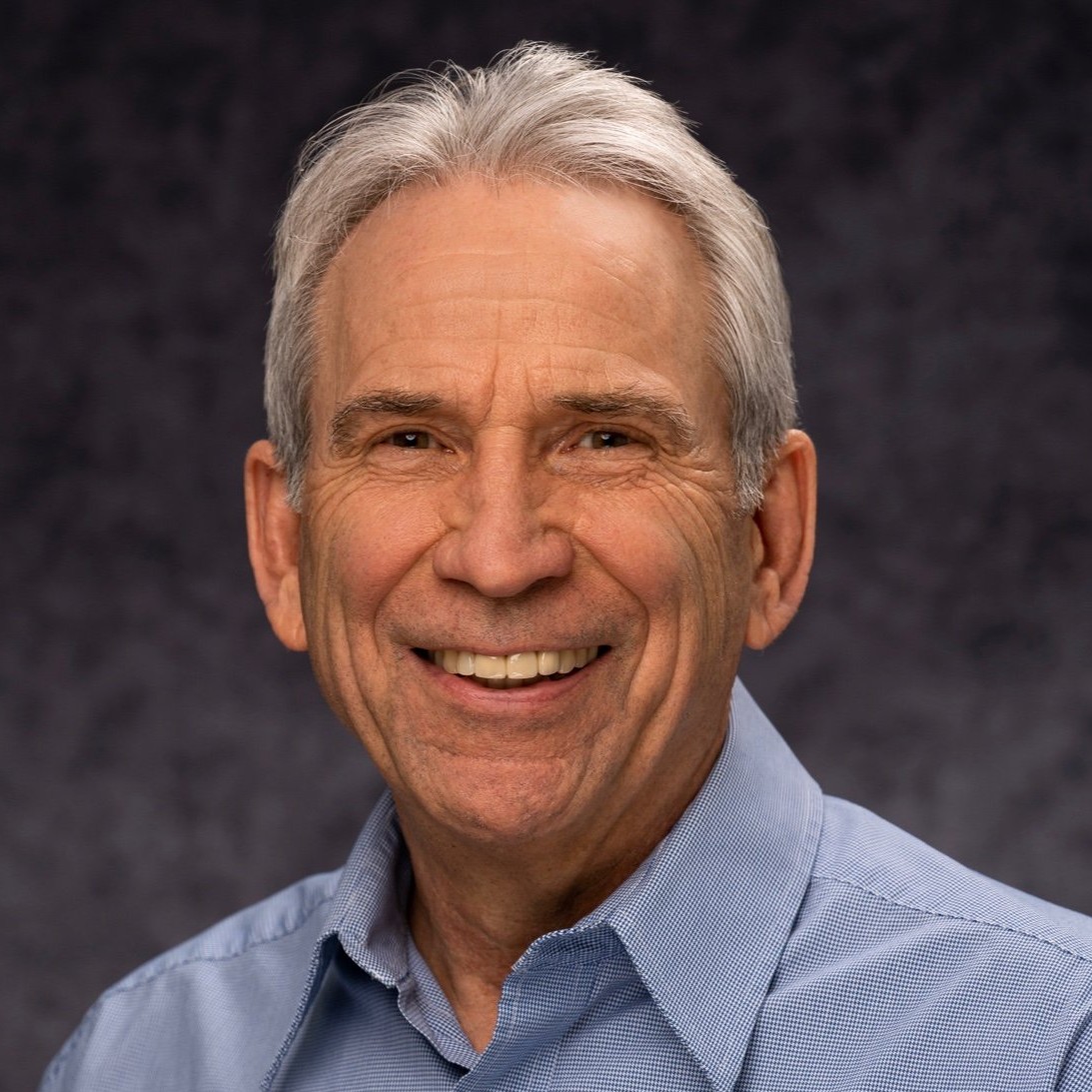
Steve Van Bockern, EdD
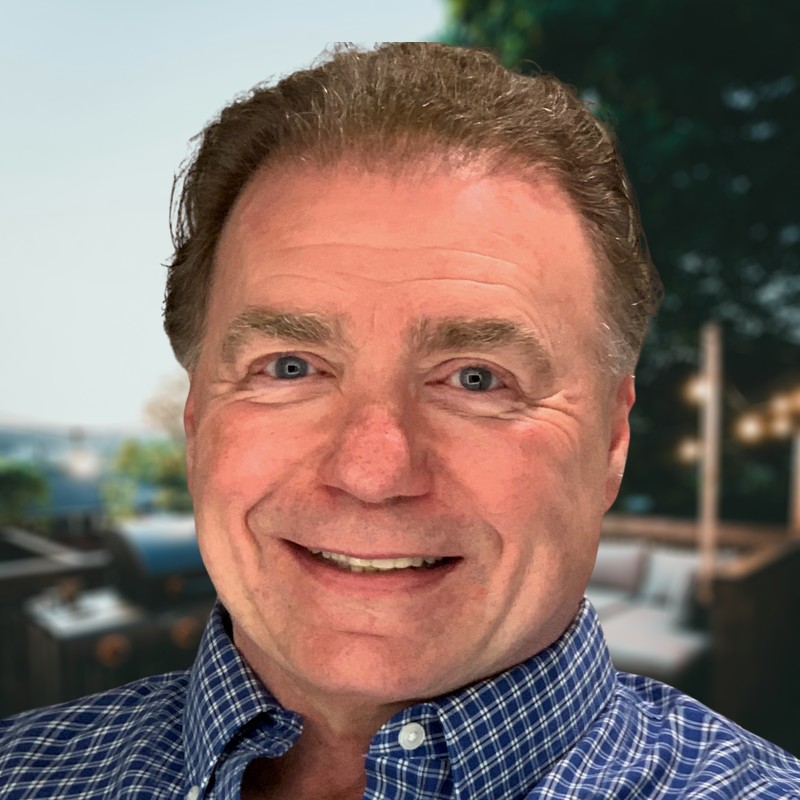
Mark Freado, MA
Our Success at a Glance
Mission Statement
The mission of Reclaiming Youth at Risk is to provide research, training, and consultation to build strengths in children, families, schools, and communities. For thousands of years, American Indian cultures nourished respectful and courageous children without employing punitive discipline. Drawing from these little-understood resources, we provide a holistic approach to reclaiming youth at risk. Courage for the discouraged — for youth and for professionals as well!
Our Core Values
Our core values are grounded in the Circle of Courage philosophy, emphasizing belonging, mastery, independence, and generosity as essential to holistic development.
Our Philosophy
At Reclaiming Youth at Risk, we believe that every child has the innate capacity for positive growth. Our philosophy is rooted in the principles of the Circle of Courage, which asserts that the fulfillment of universal growth needs — belonging, mastery, independence, and generosity — is crucial for the development of all young people. By integrating these values with the latest in psychological research and practical application, we strive to create environments that promote resilience and thriving, not just for youth but for the communities that support them.

